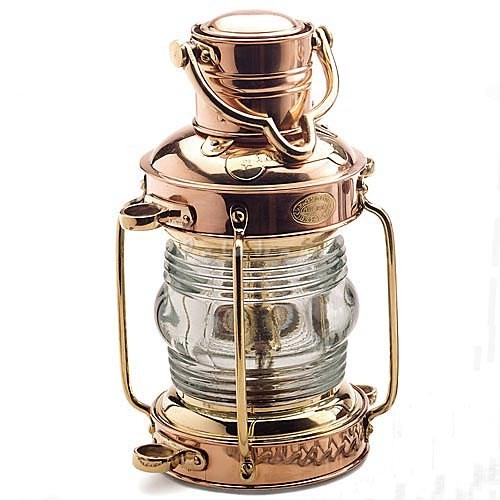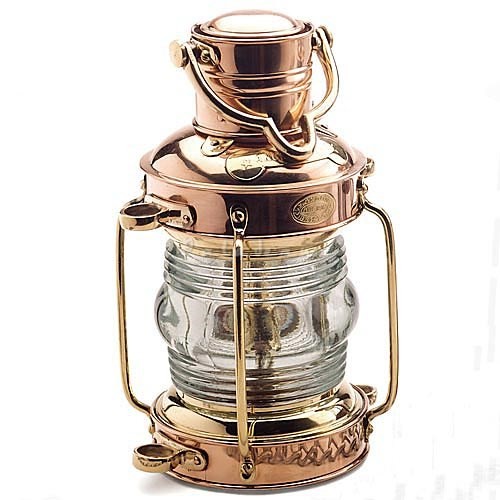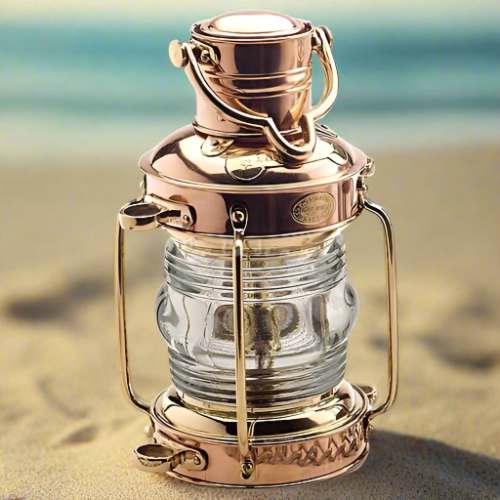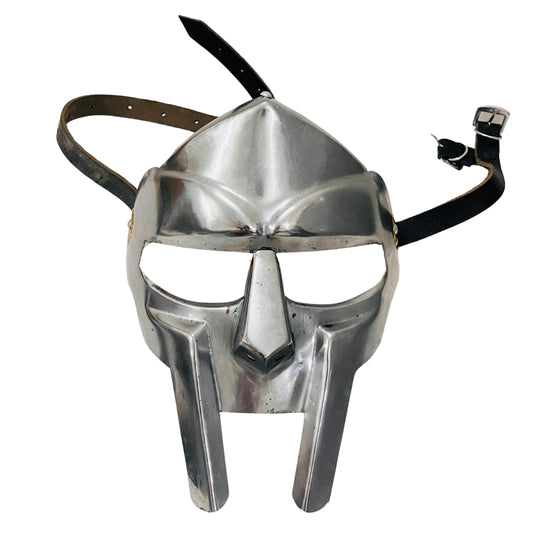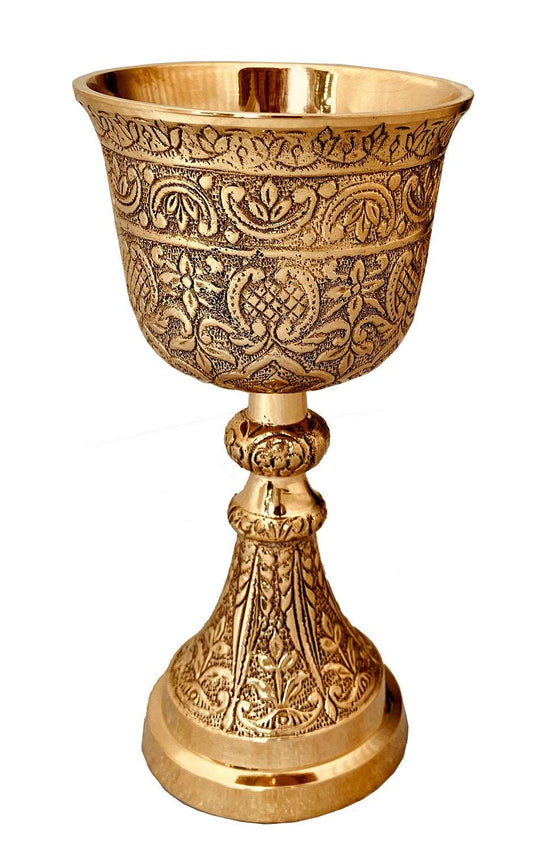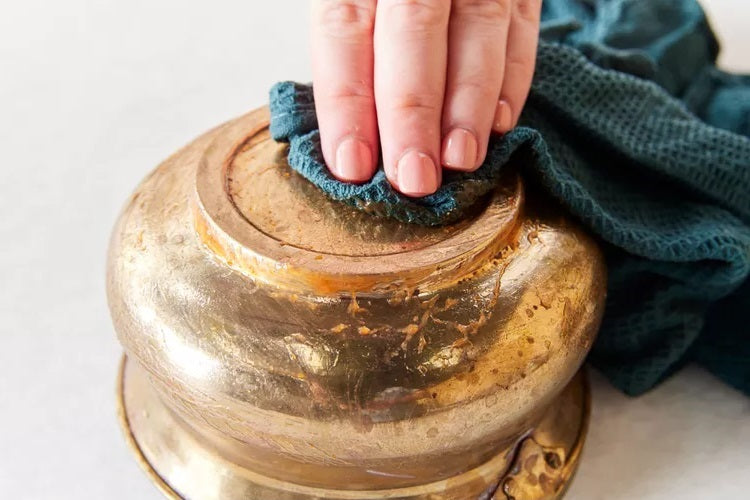
Cleaning and Maintaining Brass & Copper Items: Traditional DIY Techniques
Share
Brass and copper items, whether they're decorative pieces or kitchen utensils, add a touch of elegance and warmth to any space. However, over time, these metals can tarnish and lose their luster. Thankfully, you can restore their shine and maintain their beauty using traditional DIY techniques right from the comfort of your home. In this blog, we'll explore these techniques in detail, along with the required items, hazards, and their pros and cons.

Technique 1: Lemon and Salt
Items Needed:
- Fresh lemon
- Table salt
- Soft cloth or sponge
Method:
- Cut a lemon in half and sprinkle salt on one half.
- Use the lemon half with salt to scrub the tarnished brass or copper item.
- Rinse with water and dry thoroughly with a soft cloth.
Hazard/Side Effects: While lemon and salt are generally safe for brass and copper, excessive scrubbing or leaving the mixture on for too long can cause scratches or damage the patina.

Technique 2: Vinegar and Salt
Items Needed:
- White vinegar
- Table salt
- Soft cloth or sponge
Method:
- Mix equal parts of vinegar and salt to form a paste.
- Apply the paste to the tarnished areas and let it sit for about 10-15 minutes.
- Scrub gently with a soft cloth or sponge, then rinse with water and dry thoroughly.
Hazard/Side Effects: Vinegar is acidic and can corrode brass or copper if left for too long. Always rinse off the mixture promptly and avoid prolonged exposure.

Technique 3: Baking Soda Paste
Items Needed:
- Baking soda
- Water
- Soft cloth or sponge
Method:
- Mix baking soda with water to form a paste.
- Apply the paste to the tarnished areas and gently scrub with a soft cloth or sponge.
- Rinse with water and dry thoroughly.
Hazard/Side Effects: Baking soda is mild but abrasive. Avoid using it too frequently or scrubbing too hard to prevent scratching the metal.

Technique 4: Ketchup
Items Needed:
- Tomato ketchup
- Soft cloth or sponge
Method:
- Apply a small amount of ketchup to the tarnished areas.
- Rub gently with a soft cloth or sponge.
- Rinse with water and dry thoroughly.
Hazard/Side Effects: Ketchup contains acids that can help remove tarnish, but it's not as effective as other methods. Also, the sugar content in ketchup can attract dirt if not rinsed off properly.
Comparison: Pros and Cons
Lemon and Salt:
- Pros: Natural, readily available, effective for light tarnish.
- Cons: Potential for scratching if not used carefully.
Vinegar and Salt:
- Pros: Effective for heavier tarnish, inexpensive.
- Cons: Can corrode if left on too long, strong odor.
Baking Soda Paste:
- Pros: Mild abrasive, safe for frequent use.
- Cons: Less effective for heavy tarnish.
Ketchup:
- Pros: Mildly acidic, easily available.
- Cons: Less effective, sugar content can attract dirt.
Best Choice
When it comes to cleaning and maintaining brass and copper items, the Vinegar and Salt method stands out as the most effective for tackling heavy tarnish while being cost-effective. However, always remember to handle these metals with care and avoid abrasive materials or harsh chemicals that can damage the patina or finish.
By using these traditional DIY techniques, you can keep your brass and copper items looking beautiful and extend their lifespan without resorting to expensive commercial cleaners or harsh chemicals. Happy cleaning!

